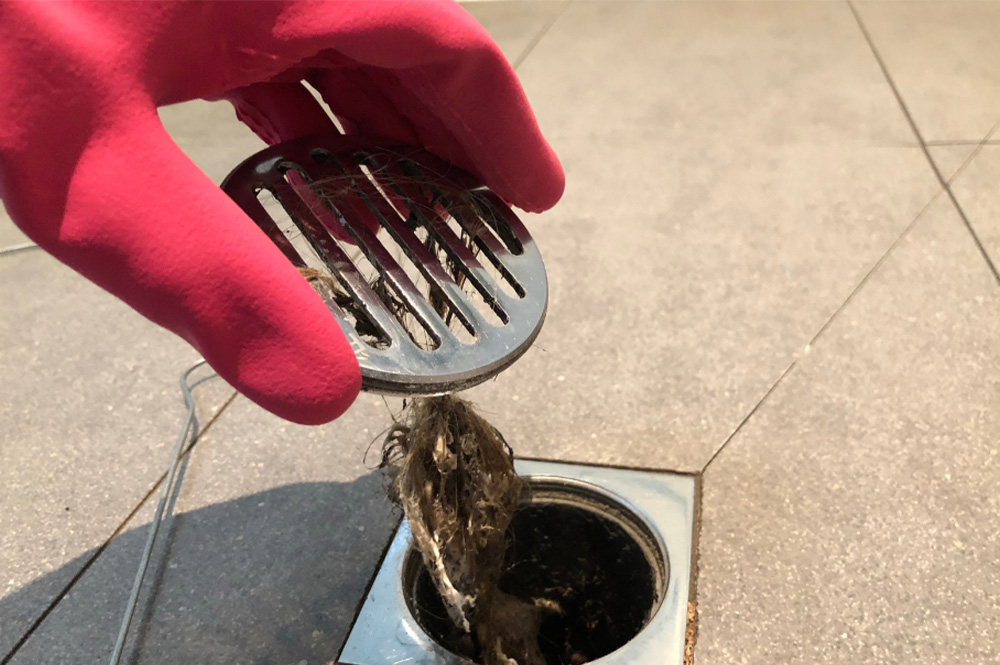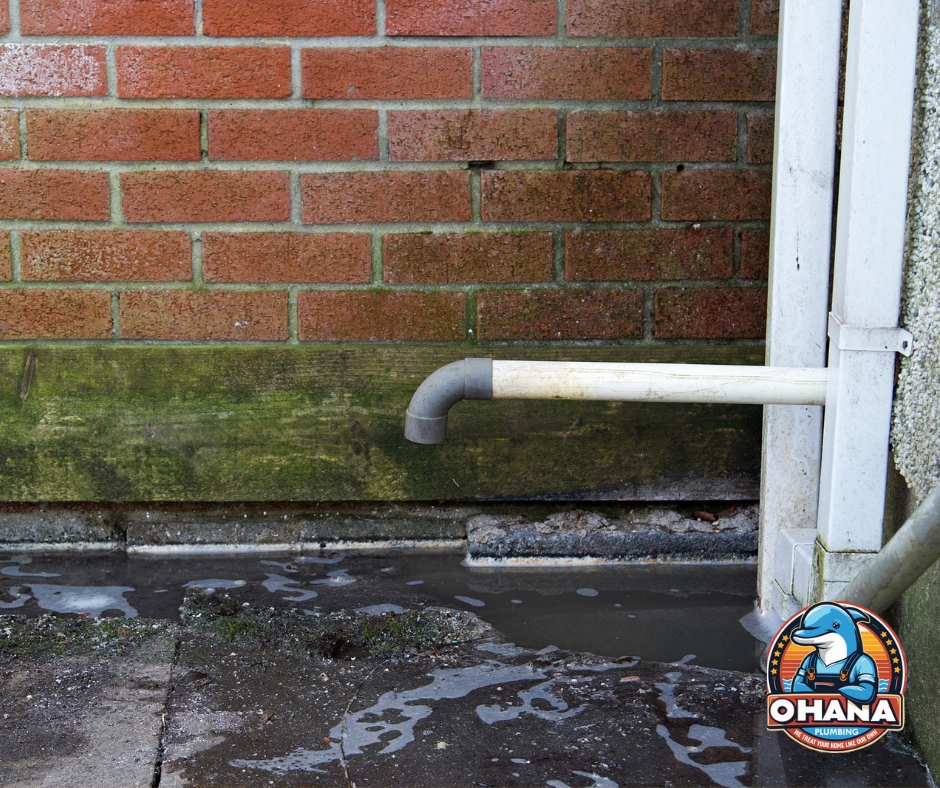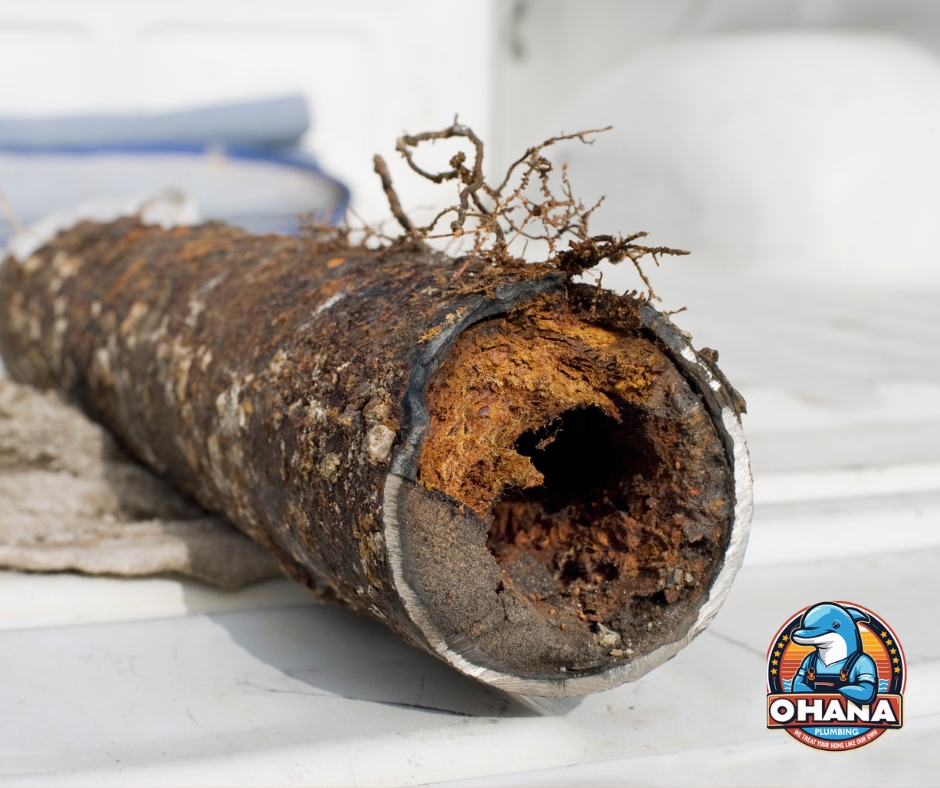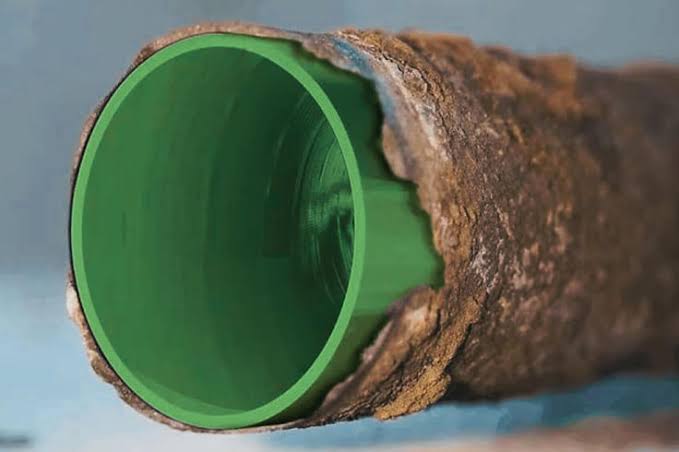Overflowing drains can be a homeowner’s nightmare, leading to unsanitary conditions and potential water damage. If you find yourself in this situation, it’s essential to act quickly and calmly to mitigate the problem. In this blog, we’ll outline the steps you should take if your drains are overflowing and how to prevent future issues.
1. Stay Calm and Assess the Situation
The first step is to remain calm. Take a moment to assess the situation. Is the overflow happening in your kitchen sink, bathroom, or elsewhere? Identifying the source will help you determine your next steps.
2. Turn Off the Water Supply
If the overflow is significant, the next thing you should do is turn off the water supply to the affected area. Look for the shut-off valve under the sink or near the toilet. Turning off the water will prevent further overflow and give you a chance to address the issue without additional water coming in.
3. Clear the Area
Move any items away from the affected area to prevent water damage. This includes towels, rugs, or any other belongings that could get wet. If water is pooling, place a bucket or a few towels to catch the overflow and minimize damage.
4. Identify the Cause
Next, try to determine what caused the overflow. Common culprits include:
- Clogs: A blockage in the drain can prevent water from flowing freely, causing it to back up and overflow.
- Damaged Pipes: Cracked or broken pipes can lead to leaks and overflow.
- Excessive Water Use: Flushing too much toilet paper or using excessive water in the sink can overwhelm the system.
5. Try Simple Remedies
If the overflow is due to a clog, you can try some simple remedies:
- Plunge the Drain: Using a plunger can help dislodge minor clogs. Ensure there’s enough water in the sink or toilet to cover the plunger, and use firm, controlled plunges.
- Use a Drain Snake: If you have one, a drain snake can help reach and clear clogs further down the line.
- Hot Water: Pouring hot (but not boiling) water down the drain may help dissolve grease or soap buildup.
6. Call a Professional Plumber
If the problem persists after your attempts to clear the clog, or if you suspect damaged pipes, it’s time to call in the experts. A professional plumber has the tools and experience to diagnose and fix more serious issues without causing further damage to your plumbing system.
7. Take Preventive Measures
Once the situation is under control, consider these preventive measures to avoid future overflow incidents:
- Regular Maintenance: Schedule regular plumbing inspections to catch potential issues early.
- Watch What Goes Down the Drain: Be mindful of what you flush or wash down the sink. Avoid disposing of grease, large food particles, or excessive toilet paper in your drains.
- Use Drain Screens: Install screens over your drains to catch debris and prevent clogs.
Conclusion
Overflowing drains can be a hassle, but knowing what to do can make all the difference. By staying calm, assessing the situation, and following the steps outlined above, you can effectively manage the issue and reduce the risk of future problems. If you’re experiencing overflowing drains or have any plumbing concerns, don’t hesitate to reach out to the experts at Ohana Plumbing. Our dedicated team is here to provide you with reliable, high-quality plumbing solutions tailored to your needs. Contact us today for a consultation, and let us help keep your plumbing system running smoothly!









